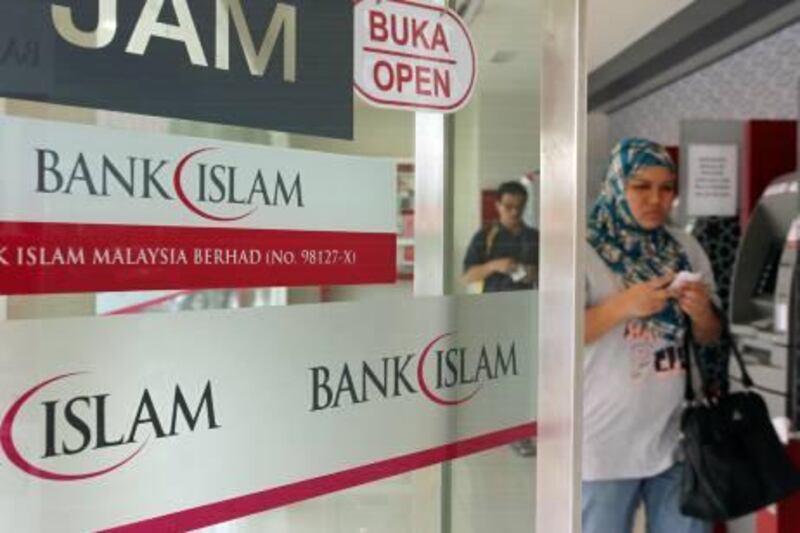Bahrain's Unicorn Investment Bank has repaid US$125 million (Dh459.1m) of Islamic debt and expects a return to profit after losing money last year.
The Islamic investment bank has been cleaning up its balance sheet and reducing liabilities since last year, when the chief executive Majid al Refai stepped down.
It paid off a $125m murabaha facility on January 27, reducing liabilities to a "minimal level", said Ikbal Daredia, the acting chief executive.
"After the repayment we do not have any long-term debt coming up," Mr Daredia said. "With the other actions that we have taken in right-sizing the bank and cleaning up the balance sheet, that puts us in a strong position in 2011 to return to profit."
He declined to say how much Unicorn had lost last year. The private company's financial statements are under review by auditors.
As it restructures its business, Unicorn is no longer pursuing the purchase of Dubai Banking Group's 30 per cent stake in Bank Islam Malaysia, Mr Daredia said.
A Unicorn executive said in 2009 the company was looking at buying the stake from Dubai Group, a unit of Dubai Holding.
Dubai Holding is owned by Sheikh Mohammed bin Rashid, Vice President of the UAE and Ruler of Dubai.
"That's no longer on our radar," Mr Daredia said.
With its balance sheet in better shape, he said Unicorn would focus this year on its capital markets, asset management and private equity businesses.
The bank expects to arrange "two or three" issuances of Islamic bonds, or sukuk, this year, Mr Daredia said, after working on only one last year.
Despite abandoning the Bank Islam Malaysia purchase, he said Unicorn would still consider buying banking businesses in the region this year if the right opportunities arose.
"We are always open to discussions on acquisitions and mergers if something comes our way and it [provides] synergy for us," Mr Daredia said.
Unicorn is one of a few investment banking operations in the region that operate along Sharia principles, which ban charging and receiving interest, among other rules.
Several financial companies based in Bahrain have been forced to pare down balance sheets, rethink their business models and restructure borrowings after the financial crisis.
Gulf Finance House, another Bahraini institution, is in the final stages of a recapitalisation begun after it took large losses in 2009 and restructured debt.
Mr Daredia said a debt restructuring was never on the table for Unicorn in the lead-up to last month's $125m repayment. The bank took out the facility in 2008 to finance its business and growth plans. Dubai Bank and Raiffeisen Zentralbank arranged the deal.
"Unlike other institutions who have opted for restructuring, we have paid on time and in full," Mr Daredia said. "We didn't resort to restructuring or selling any of our assets in a fire sale."





